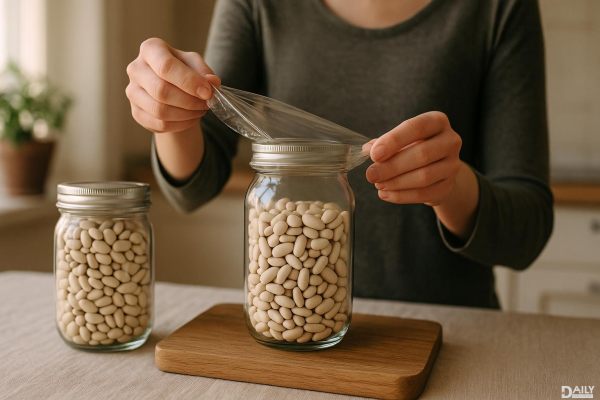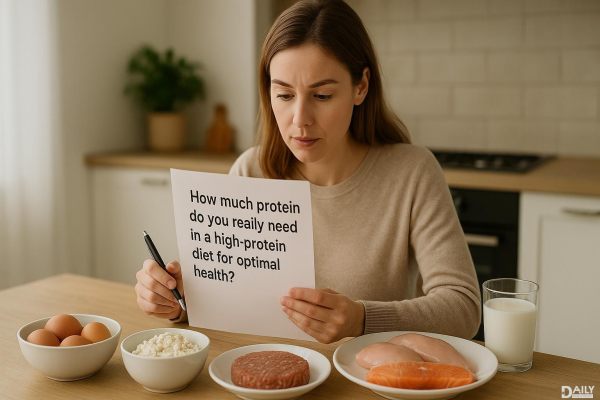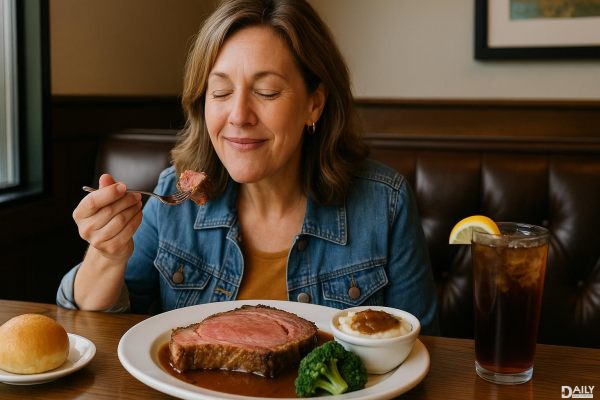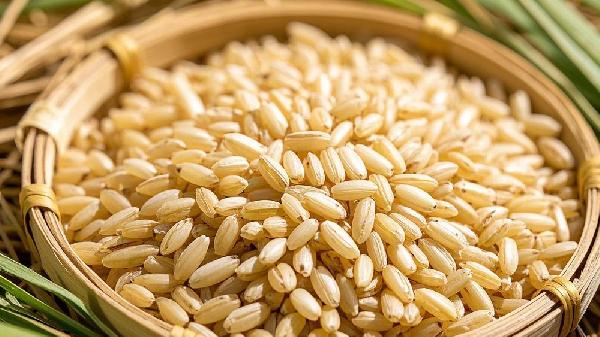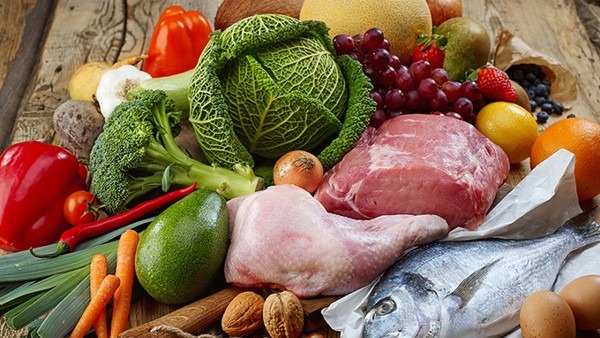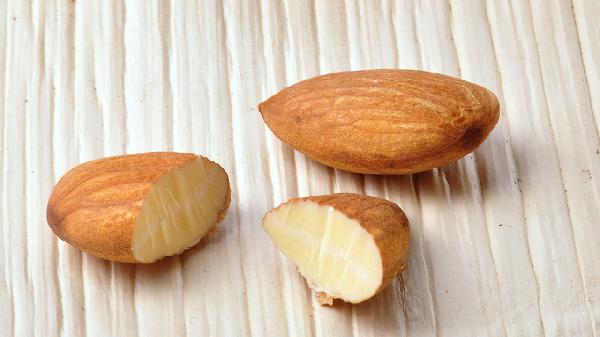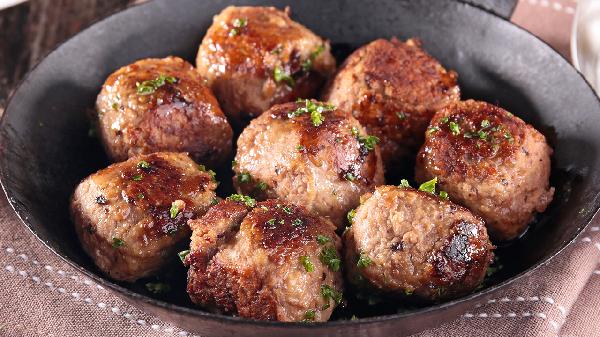If you're serious about bodybuilding, you know that lifting weights is only half the battle. The real magic happens in the kitchen. What you eat can make or break your gains, and choosing the right foods is key to sculpting a stronger, leaner physique. Whether you're bulking up or cutting down, your diet needs to be on point to fuel your workouts, repair muscle, and keep your energy levels steady. Let’s dive into the top foods that’ll take your bodybuilding game to the next level.
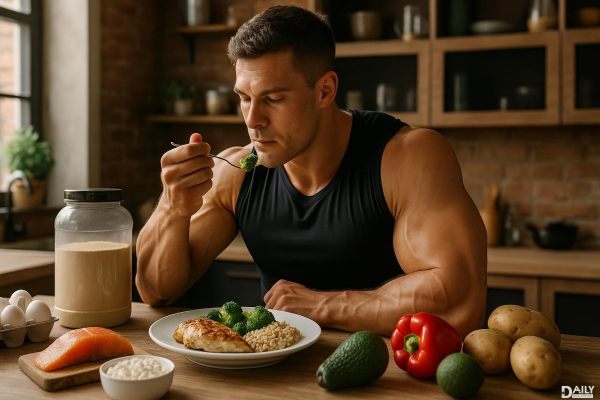
When it comes to bodybuilding, protein is the MVP. It’s the nutrient that repairs and builds muscle tissue, especially after those grueling workouts. But not all protein sources are created equal. Lean meats like chicken breast, turkey, and lean cuts of beef are staples for a reason—they’re packed with high-quality protein and low in fat. If you’re not into meat, don’t sweat it. Eggs, Greek yogurt, and cottage cheese are excellent alternatives. And for the plant-based lifters, tofu, tempeh, and legumes like lentils and chickpeas are your go-tos. Don’t forget about protein powders—whey, casein, or plant-based options can be a convenient way to hit your daily protein goals.
Carbs often get a bad rap, but for bodybuilders, they’re essential. They’re your body’s primary source of energy, and without enough carbs, you’ll feel like you’re running on empty during your lifts. The trick is to choose complex carbs that release energy slowly and keep you fueled for longer. Think whole grains like brown rice, quinoa, and oats. Sweet potatoes are another bodybuilder favorite—they’re packed with nutrients and provide a steady energy boost. And let’s not forget fruits like bananas and berries, which are great for quick energy and recovery. Timing matters too—carbs are most effective when consumed before and after workouts to maximize performance and recovery.
Fats might seem like the enemy when you’re trying to get lean, but they’re actually crucial for overall health and performance. Healthy fats support hormone production, including testosterone, which plays a big role in muscle growth. Avocados, nuts, seeds, and olive oil are all fantastic sources of monounsaturated and polyunsaturated fats. Fatty fish like salmon and mackerel are also loaded with omega-3 fatty acids, which reduce inflammation and support recovery. Just remember, fats are calorie-dense, so moderation is key—especially if you’re in a cutting phase.
While protein, carbs, and fats get most of the attention, don’t overlook the importance of vitamins and minerals. These micronutrients play a critical role in energy production, muscle function, and recovery. Leafy greens like spinach and kale are packed with iron and magnesium, which help with muscle contraction and oxygen transport. Broccoli and bell peppers are rich in vitamin C, which supports immune function and collagen production. And don’t forget about zinc and vitamin D, both of which are essential for testosterone production. A well-rounded diet with plenty of fruits and veggies will ensure you’re getting all the micronutrients you need to perform at your best.
Water might not be a food, but it’s just as important as anything on your plate. Staying hydrated is crucial for muscle function, recovery, and overall performance. When you’re dehydrated, your strength and endurance take a hit, and your muscles are more prone to cramping. Aim to drink at least half your body weight in ounces of water daily, and more if you’re sweating heavily during workouts. Electrolytes like sodium, potassium, and magnesium are also important, especially during intense training sessions. Coconut water or an electrolyte drink can help replenish what you lose through sweat.
While whole foods should always be your primary source of nutrition, supplements can help fill in the gaps. Creatine is one of the most researched and effective supplements for increasing strength and muscle mass. BCAAs (branched-chain amino acids) can help reduce muscle soreness and speed up recovery. And if you’re struggling to meet your protein needs, a high-quality protein powder can be a lifesaver. Just remember, supplements are exactly that—supplements. They’re not a replacement for a balanced diet, but they can give you an extra edge when used correctly.
Building a bodybuilder’s physique isn’t just about lifting heavy—it’s about fueling your body with the right nutrients to support your goals. By incorporating these top foods into your diet, you’ll be well on your way to sculpting a stronger, leaner, and more powerful body. So, hit the gym, hit the kitchen, and watch those gains come rolling in!
